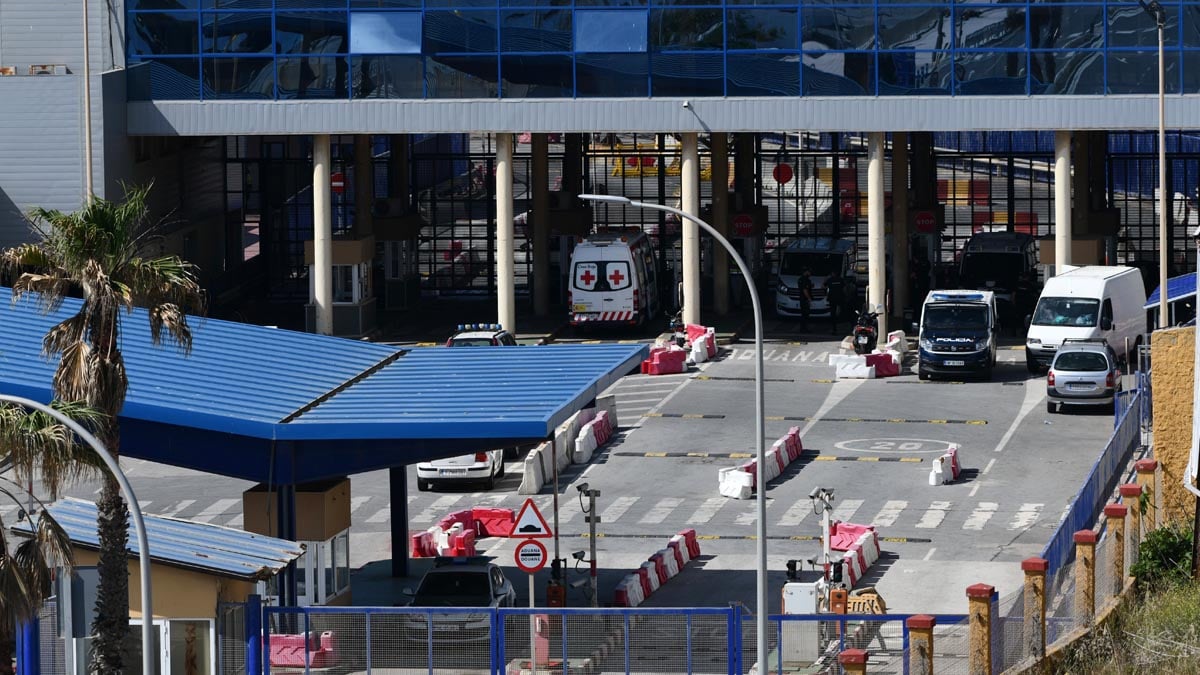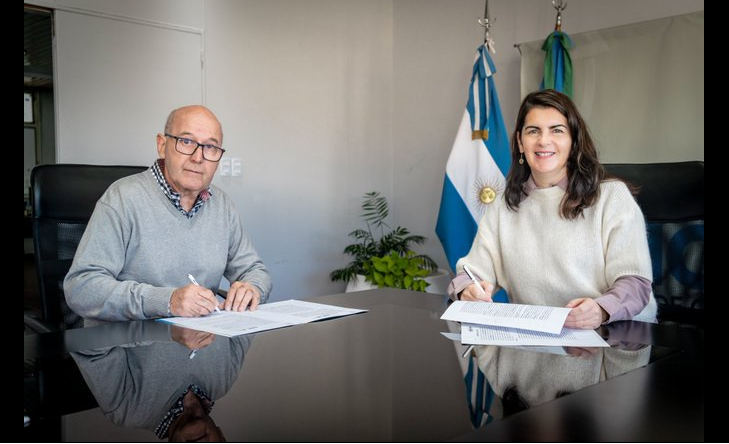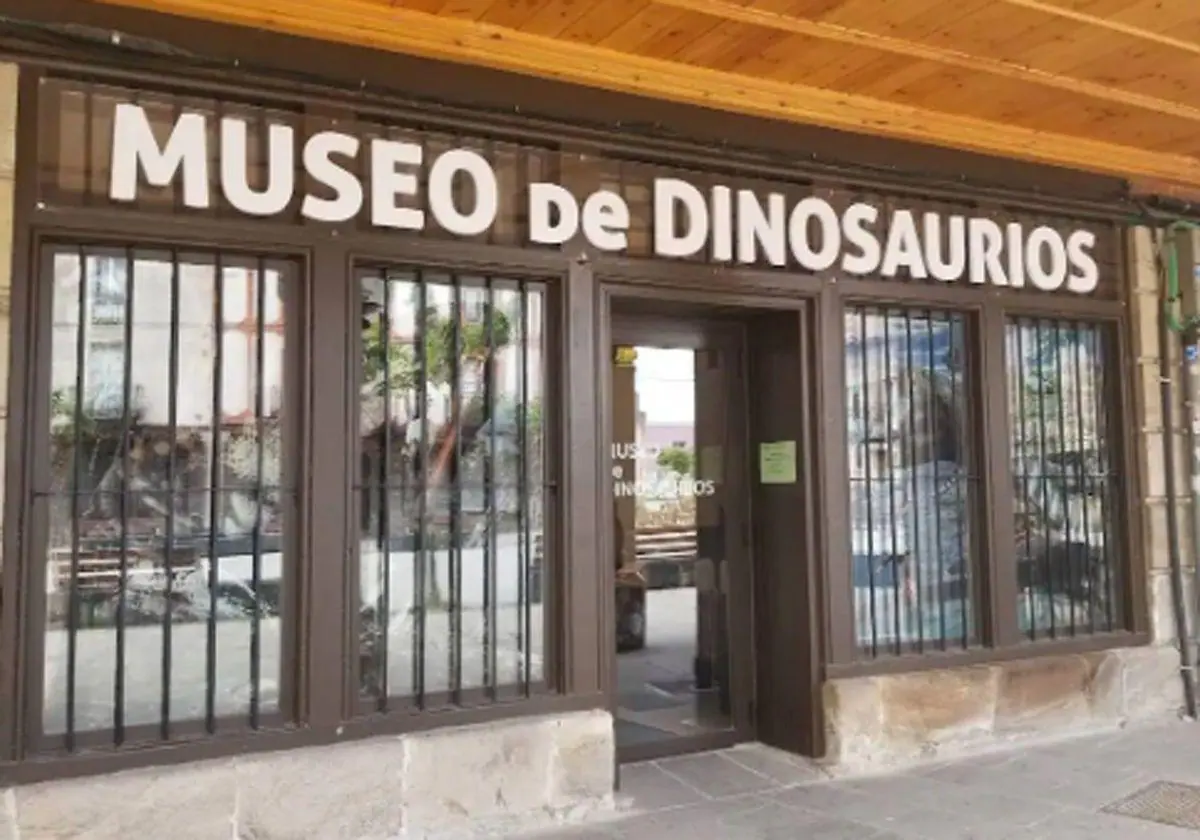Spain is evaluating the possibility of abolishing the special regime maintained by the autonomous cities of Ceuta and Melilla that was established when Spain entered Schengen and that had left them out, an exception that allows residents of the Moroccan provinces of Tetouan and Nador to access without a visa to Ceuta and Melilla, respectively.
“In this way the border control would be in the passage with Morocco” and not in the port, explained the Secretary of State for the European Union González-Barba, who has warned that it is “a matter of enormous importance that requires the maximum consensus both in the city and among national political forces.
As detailed, the “very serious” events in mid-May, when Morocco allowed around 12,000 people to enter the autonomous city for 48 hours irregularly, are what have led the Central Executive to consider taking this “step ».
González-Barba has submitted to the specification of “what is the new economic model that is wanted for Ceuta” the possibility of requesting the EU to enter the autonomous city in the European Customs Union and the conditions for updating and reforming its Regime Economic and Fiscal (REF) special.
However, the Secretary of State has wanted to make it clear that “this does not mean that Spain renounces the fact that the prosperity of Ceuta can be linked to that of the nearest Moroccan territory, the ‘wilaya’ of Tetouan, as it wants to do with Gibraltar and his or her environment”.
The Secretary of State for the EU and his counterpart for Territorial Policy, Víctor Francos, have met during their visit to Ceuta with the President of the City, Juan Vivas (PP), who more than a year ago formally raised the need to gamble for “a more stable and secure future” with a recipe based on the principle of “more Spain and more Europe”.
Among his specific proposals in this line, he has already raised the convenience of “reviewing” the current exception to the Schengen Treaty to “reduce migratory pressure and its impact on certain services and areas (Minors, Health, Education, Port); improve efficiency in containing such immigration; and ensure that it is the Spanish authorities and not the Moroccans who decide who enters Ceuta ».
Government commitment
In a subsequent statement, the Ministry of Foreign Affairs, EU and Cooperation explained that González-Barba and Francos have traveled to Ceuta “to reiterate the Government’s commitment” to the autonomous city and “explore the options offered by the European framework to promote post-pandemic local development ”.
Likewise, both have expressed to Vivas the “availability” of the Executive “to collaborate with the maximum institutional loyalty to ensure preferential attention from the General Administration of the
State (AGE) to the autonomous city and seek a broad participation of
Ceuta in European politics ».
“The Government of Spain recognizes that the recent crisis has stressed the provision of public services and is committed to reinforcing the role of the State in the autonomous city,” said Foreign Affairs.
For his part, according to the statement, Francos has underlined the involvement of the Ministry of Territorial Policy and Public Function in promoting the coordination of the actions of the General State Administration in the city, and a specific reinforcement of a consultancy that is already working at the highest ministerial level to carry out this important task.





